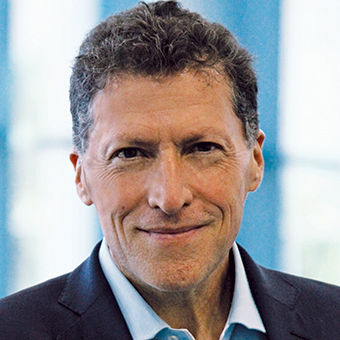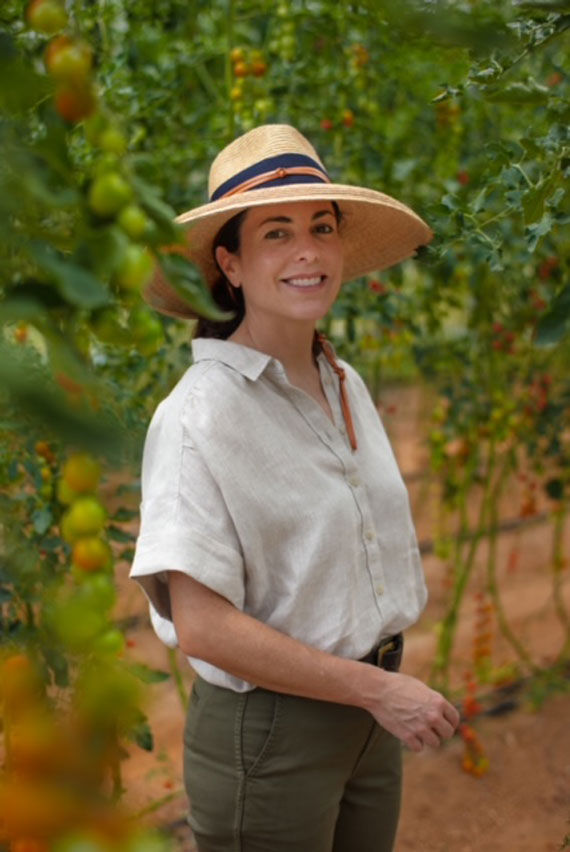
Hotel development typically follows a straightforward business narrative: The owner, often a real estate investment group, shops for a brand that makes sense for the location and property attributes. A deal is struck, and a flag is raised.
Beginning of story, end of story.
But for some of the most interesting hotels, the story is more complex. Take, for example, the Four Seasons Resort and Residences Dominican Republic at Tropicalia.
The 25 three- and four-bedroom residences are already on the market; the hotel, a few years from completion. But when it opens, it will only be one step in a vision that has been decades in the making and is expected to take decades more to be fully realized.
The woman behind the dream is Adriana Cisneros. Her family emigrated to the Dominican Republic from Venezuela when she was a child, settling in Casa de Campo. When they arrived, it was a small community — they bought the third house in what is now a development of more than 2,300 private villas.
As activity at Casa de Campo picked up, her father brought Adriana along as he searched for a new place of quietude. Near the sleepy village of Miches, he found a coconut grove with beautiful views of Samana Bay; it became a refuge for the family to picnic and relax. Eventually, rather than continuing to ask the owner for permission to tarry there, her father asked to buy the small piece of land.
It was the first of 180 small property acquisitions her father made on Samana Bay over the next 20 years that, stitched together, became 12 miles of coastline. “We were never doing it for commercial purposes,” Cisneros said. “If we had been developers from the get-go, we would have quit early on. The process was tedious.”
About 12 years ago, as Cisneros and her father were walking along the beach, he told her he wanted her to develop the land. “My heart sank,” she recalled. “It was the exact opposite of what I wanted to do.”
But what her father had in mind was what Casa de Campo used to be, a low-key, quiet, family-oriented community. “He envisioned an extremely low-density, multigenerational hangout where people could stay in a hotel or build homes,” Cisneros said. A place where the words “upscale” and “barefoot” could both apply.
The hotel, which will open in 2026 with 95 guestrooms, will feature amenities one would expect to find at a Four Seasons: a spa, fitness and wellness facilities and a children’s club. Restaurants will include a beachside grill and ceviche bar. The design is by renown architect Isay Weinfeld.
It will occupy just one of the 12 miles of beachfront the family owns. Cisneros said she believes it will be another 40 years before her dream is fully realized.
And a significant part of that dream includes the community of Miches.
“I was always thinking of how to leverage the business to help the community,” Cisneros said. Before proceeding with development plans, she spent two years meeting with — primarily listening to — Miches residents.
“We started going to high school graduations, and I noticed that no girls were among the graduates. I’m like, what’s happening?” she said.
Cisneros discovered two barriers facing village girls: early pregnancies and daughters being assigned to domestic duties.
She saw the problem as both business-related and social. Cisneros wanted to hire locally but didn’t want to hire only boys.
So, 10 years ago she launched a summer camp called “I Am a Girl, I Am Important.” The only condition to attend was enrollment in school the following year.
Mixed in with fun activities were educational components designed to give the girls a sense of agency. This initially resulted in pushback from parts of the community. Some parents felt they were losing domestic help. The local evangelical church was suspicious of the camp’s motives. Rumors started that the camp was trying to incentivize sex.
But once positive outcomes were produced, former adversaries became allies, Cisneros said. Ten years in, 300 girls are going to the camp, and the majority are graduating high school. Later this year, an after-school girls club will be launched to make the program year-round.
Cisneros is also working on offering training in responsible farming techniques, eventually leading to organic farming programs. She will also produce organic cacao on the property.
All of these initiatives will be accessible to hotel guests, with volunteer opportunities available.
As for the Four Seasons, CEO Alejandro Reynal said, “I am most proud that Adriana and her family have chosen us to bring their vision to life. Together, we’re creating something truly spectacular.”
To bring it full circle: Hotel development typically follows a straightforward business narrative. But one hopes that, increasingly, the narrative will expand to include, as this Four Seasons does, large measures of purpose for guests, communities, brands and owners.
Source: Read Full Article











